November 29, 2018
New workplace trends will bring people back to the office, Gensler report suggests
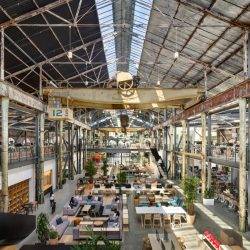 The next generation of office buildings will draw employees back to the workplace, a new report from architect and design firm Gensler suggests. It suggest that an increased number of employees are set to be drawn back to the office, as the importance and power of face-to-face interaction grows, and office design increasingly caters towards this. This year’s 2018 Design Forecast report, Shaping the Future of Cities (registration required), created by the Gensler Research Institute explores over 200 of the latest trends that are changing cities across the world. The overarching prediction is that design will “put people back at the centre” and become the driving force behind resilient, liveable cities. Buildings that react and respond to the people within it will be critical to the workplace experience, harnessing data to interpret internal workplace data and make intelligent adaptations.
The next generation of office buildings will draw employees back to the workplace, a new report from architect and design firm Gensler suggests. It suggest that an increased number of employees are set to be drawn back to the office, as the importance and power of face-to-face interaction grows, and office design increasingly caters towards this. This year’s 2018 Design Forecast report, Shaping the Future of Cities (registration required), created by the Gensler Research Institute explores over 200 of the latest trends that are changing cities across the world. The overarching prediction is that design will “put people back at the centre” and become the driving force behind resilient, liveable cities. Buildings that react and respond to the people within it will be critical to the workplace experience, harnessing data to interpret internal workplace data and make intelligent adaptations.






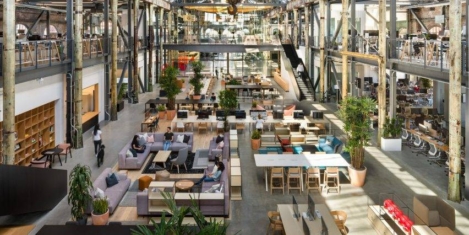


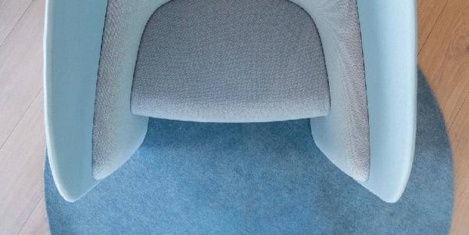
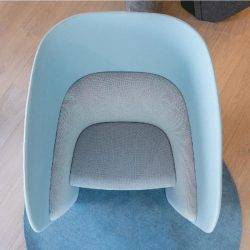




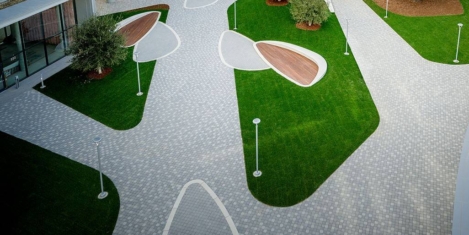
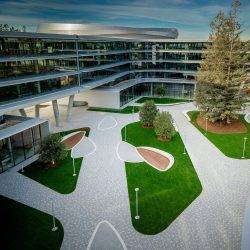


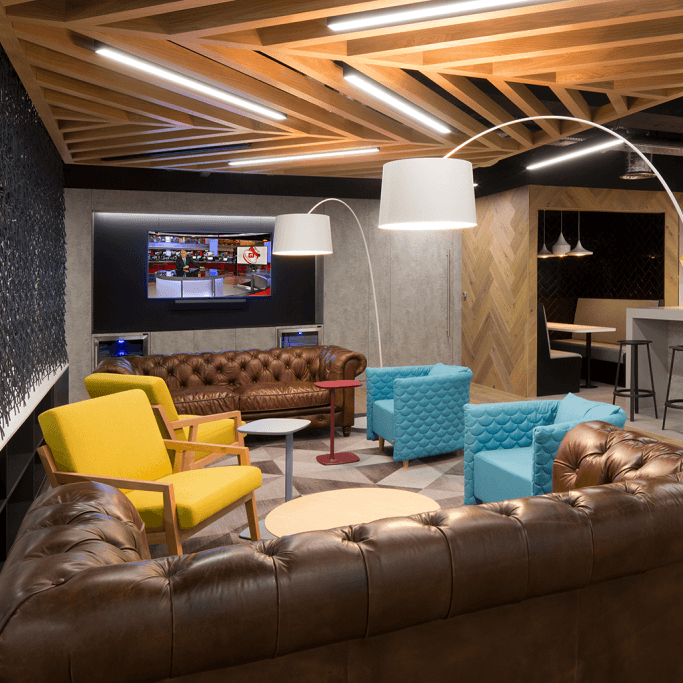
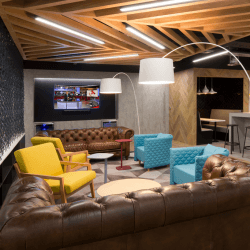

 The vast majority (97 percent) of office workers in UK feel frustrated by their workplace environments, with many feeling the need to escape office life as a result. A new report from Staples has discovered that one-in-five (22 percent) end up browsing LinkedIn job ads for something better when they’re frustrated. As a result, job-hopping is prolific, with workers now predicted to have 11.7 jobs between the ages of 18 and 48. The expectation that the grass must be greener elsewhere is leaving most thinking about switching jobs. However, when they do end up jumping ship, many just experience a short-term fix. According to the study, a third (37 percent) get frustrated in their new office before the end of their first six months. The majority of office workers say they seek fulfilment (89 percent) at work, and for most (77 percent), the quality of their office workspace is a contributing factor in how fulfilled they feel.
The vast majority (97 percent) of office workers in UK feel frustrated by their workplace environments, with many feeling the need to escape office life as a result. A new report from Staples has discovered that one-in-five (22 percent) end up browsing LinkedIn job ads for something better when they’re frustrated. As a result, job-hopping is prolific, with workers now predicted to have 11.7 jobs between the ages of 18 and 48. The expectation that the grass must be greener elsewhere is leaving most thinking about switching jobs. However, when they do end up jumping ship, many just experience a short-term fix. According to the study, a third (37 percent) get frustrated in their new office before the end of their first six months. The majority of office workers say they seek fulfilment (89 percent) at work, and for most (77 percent), the quality of their office workspace is a contributing factor in how fulfilled they feel.












November 30, 2018
How the way we interact with technology is changing the way we think
by Charles Marks • Comment, Technology, Workplace design
(more…)